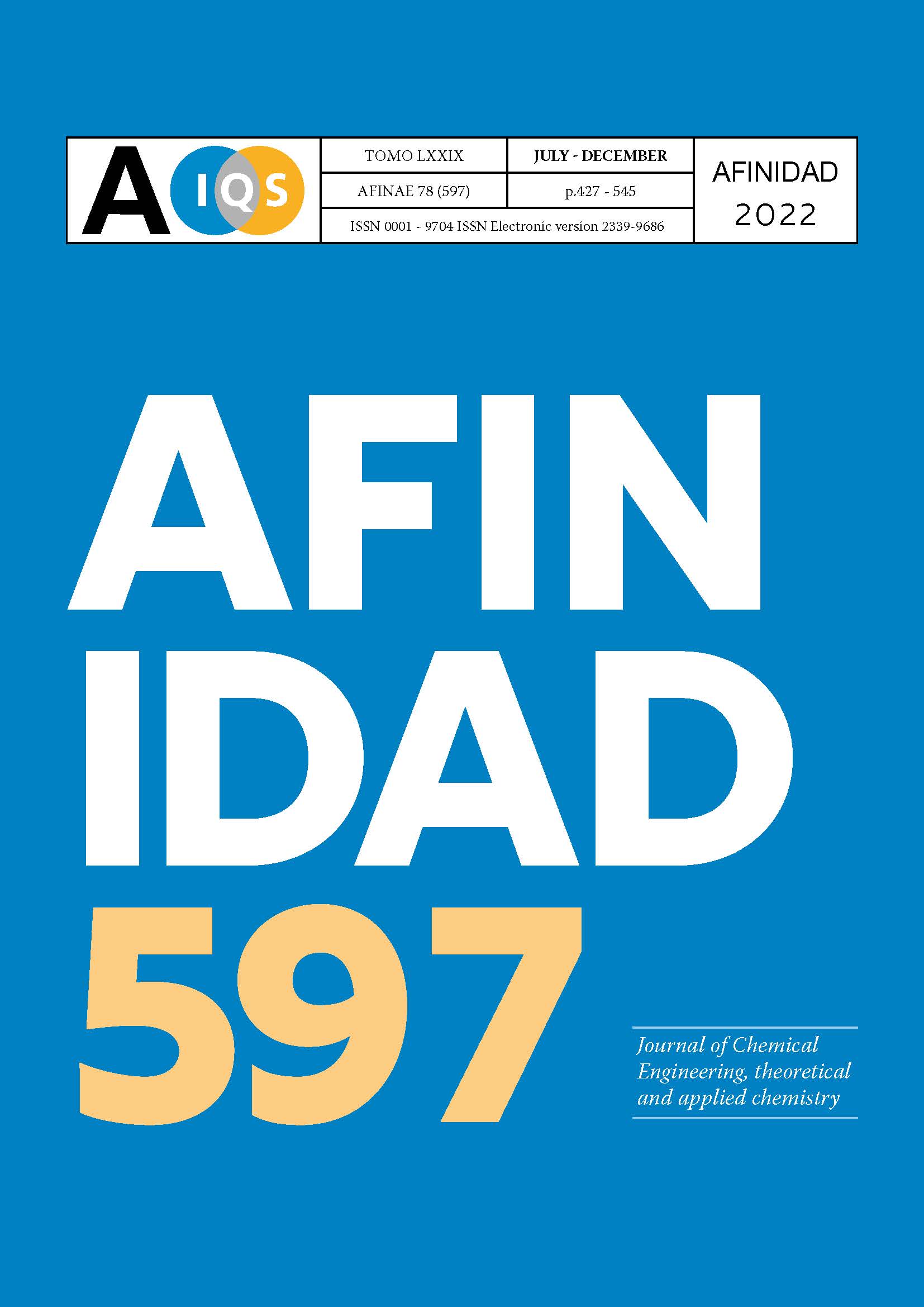Abstract
Colombian beekeeping producers and academic sector are developing research projects for using bee products by developing and improving their nutritional and functional quality, especially new food products with bee pollen inclusion. Bee pollen is a promising raw material for the production of functional foods because of its bioactive characteristics. In this work sensory stability of wet pollen, sun dried pollen and cabin dried pollen was evaluated during accelerated storage at 30, 40 and 50°C, taking into account different parameters such as volatile compounds profile by using a commercial electronic nose, fracturability of bee pollen grains with texture analyzer, colour change in CIELAB scale using a commercial colorimeter and water activity. It was found that electronic nose allows differencing bee pollen samples according to their water activity and distinguishing different volatile compounds profiles presented during storage. Bee pollen samples with a high water activity showed volatile compounds profile major changes during storage as well as their colour change. Bee pollen samples with a low water activity presented a change in their smell associated with fat rancidity, which is directly related to the texture.


